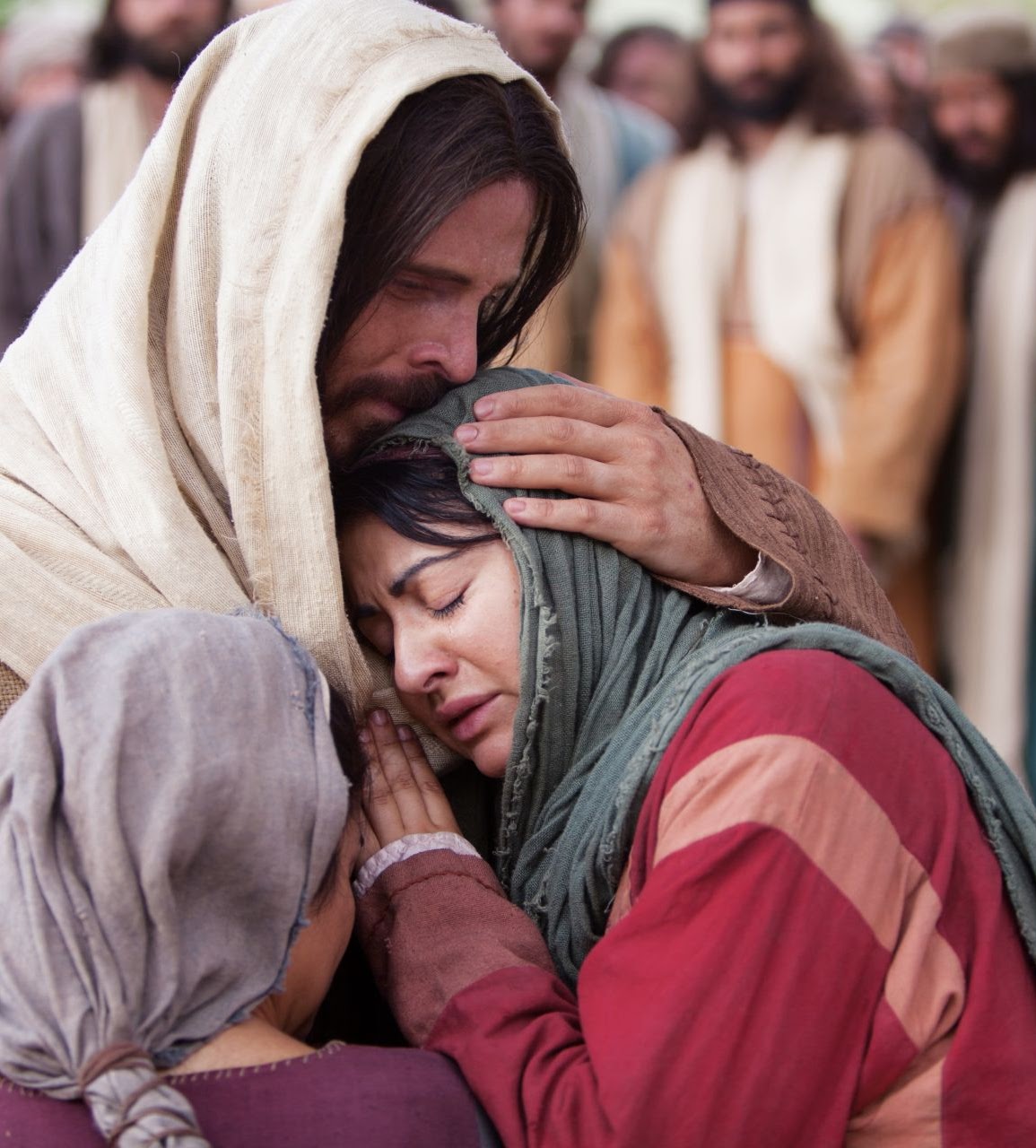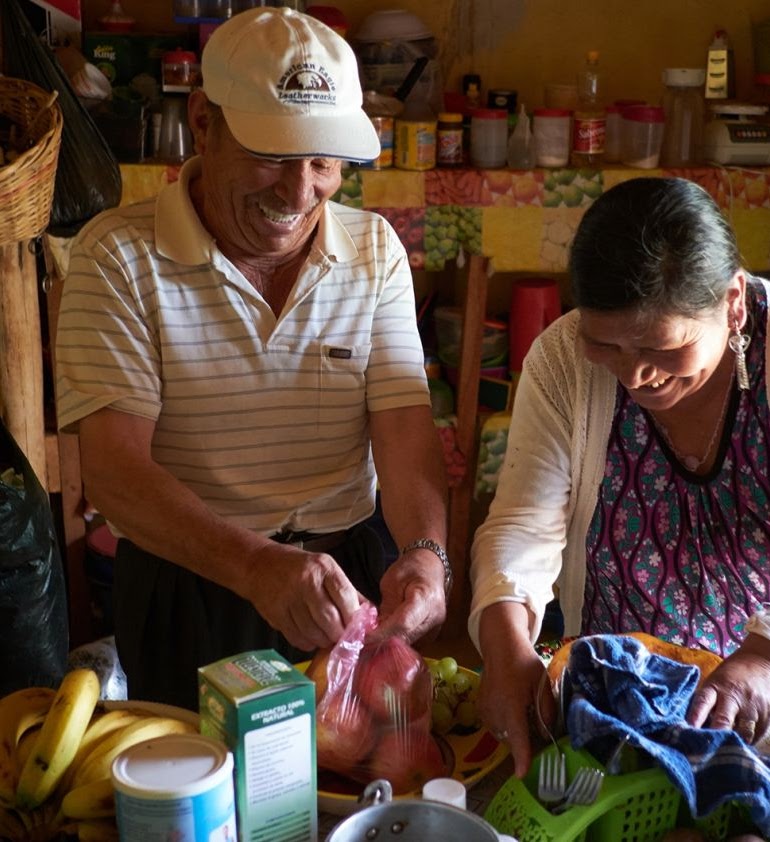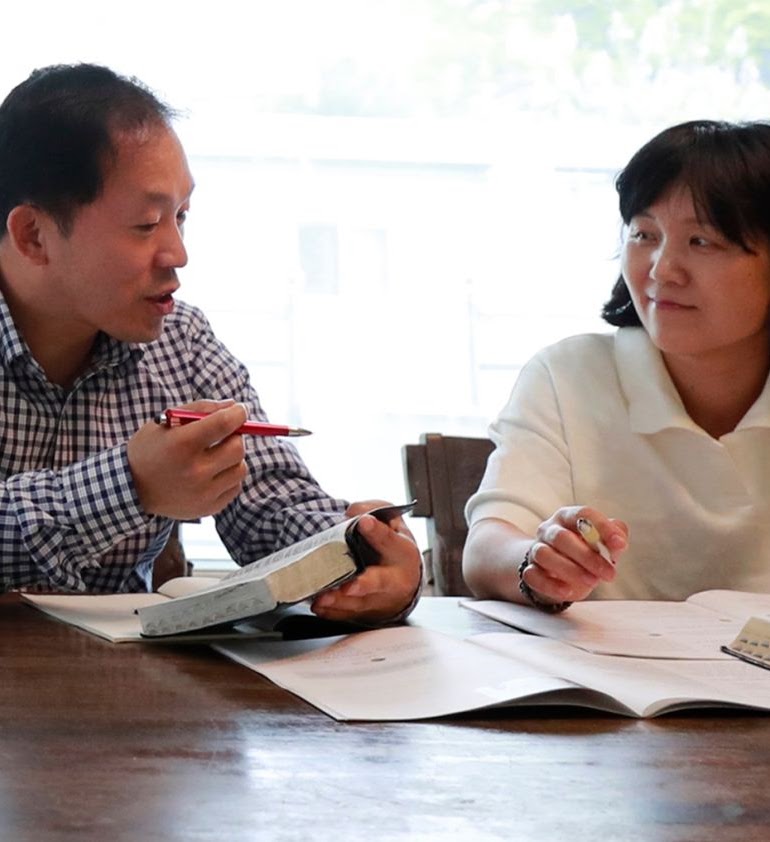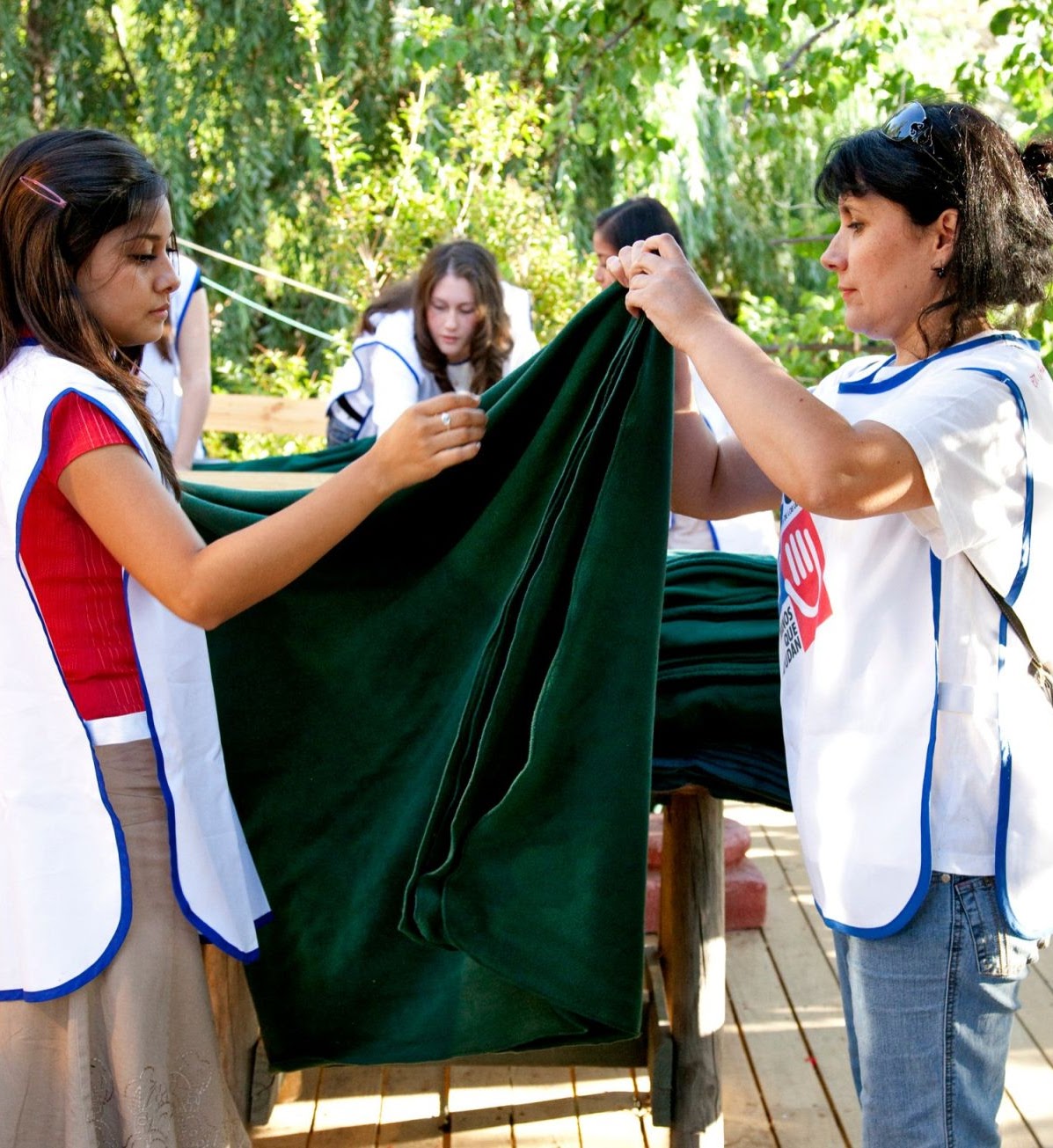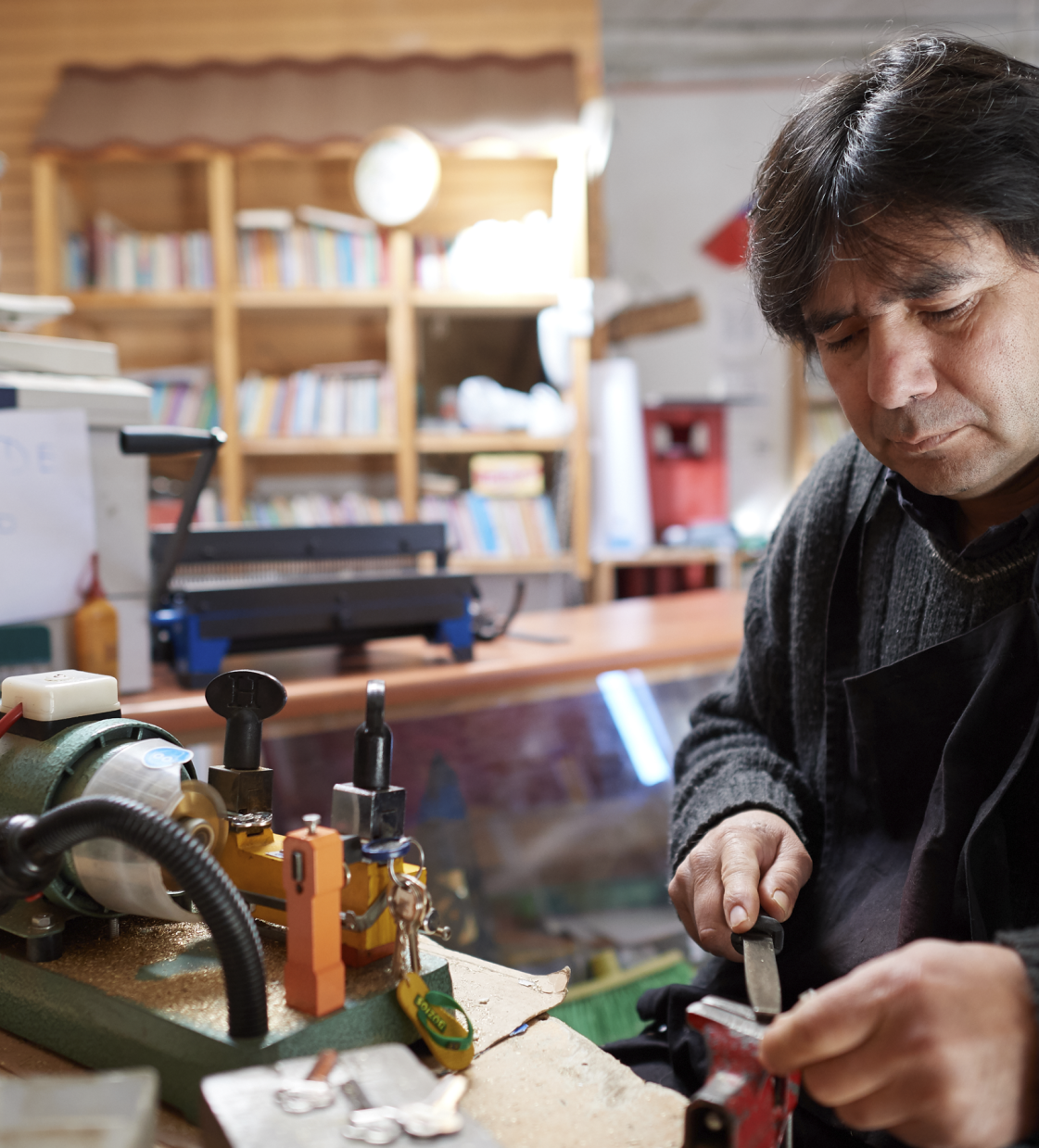
About
With help from the Lord, members build self reliance by:
Developing spiritual, physical, and emotional strength,gaining education and employment and improving temporal preparedness
Members strive to meet their basic needs through their own efforts, help from extended family, and help from government and community resources (see 22.12). If these sources are insufficient, members may need Church assistance. (General Handbook 22.3.2) Persons who are not members of the Church are usually referred to local community resources for assistance. (General Handbook 22.5.1.4)
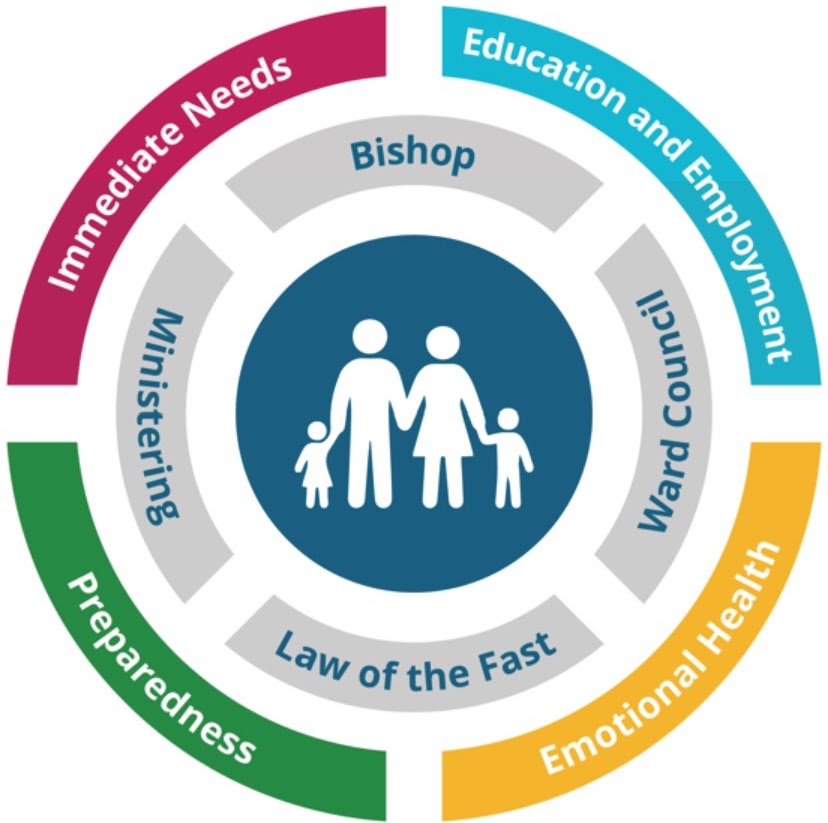
Resources
Tools To Help You Become Self Reliant
Twelve Principles of Self-Reliance
- Exercise Faith in Jesus Christ (D&C 104:15)
- Use Time Wisely (Alma 34:32)
- Be Obedient (D&C 130:20–21)
- Manage Money (D&C 104:78)
- Work: Take Responsibility (D&C 42:42; 2 Nephi 2:16, 26)
- Solve Problems (Ether 2:18–19, 23; 3:1, 4)
- Become One, Work Together (Moses 7:18; D&C 104:15–17)
- Communicate: Petition and Listen (D&C 8:2)
- Persevere (Hebrews 12:1; D&C 58:4)
- Show Integrity (Mosiah 4:28; Job 27:5; Articles of Faith 1:13)
- Seek Learning and Education (D&C 88:118–119)
- Stay On Task, Receive Ordinances (D&C 84:20; D&C 136:4; 1 Nephi 18:2–3)
Frequently Asked Questions
“Self-reliance is the ability, commitment, and effort to provide the spiritual and temporal necessities of life for self and family. As members become self-reliant, they are also better able to serve and care for others” (Handbook 2: Administering the Church [2010], 6.1.1).
The self-reliance initiative is a First Presidency initiative. The initiative has been in place since 2014. It began outside of North America and is now available worldwide. Hundreds of thousands of people have improved their self-reliance by participating.
Self-reliance groups combine practical skills with spiritual principles to help people help themselves. Self-reliance groups are usually small, with fewer than 12 people, and are led by a facilitator, not an expert or a teacher. Each self-reliance group focuses on one of four topics: employment, education, small business, or personal finances (check out the materials).
Group members may be invited to participate, or they can join a group on their own. Groups often form through a devotional, but they can also form without a devotional. Groups should always form under the direction of local leaders. Group members get together to decide when and where to meet. At least one facilitator is paired with each group. Check with your local leaders to see when the next groups are forming.
Groups typically meet once a week for 12 weeks. Group meetings are between 90 minutes and 2 hours in length. Accelerated options are available for the Find a Better Job group.
It takes time and practice to make the changes and develop the habits associated with these courses. Group members also support one another, and they often develop close relationships over the length of the course.
You will be given the manual for your course at the first meeting. You can also find electronic versions here, or on the Gospel Library mobile app.
Yes. Group members make commitments at each meeting and work on those commitments between meetings. Group members should plan on at least a few hours of work each week to meet their commitments. Each week, group members get to report on their progress and support one another.
Each week, group members pair up and commit to support and follow up with one another. The person you pair up with is your action partner. Action partners can call or message each other between group meetings. Action partners are typically the same gender and are not family members. Action partners can rotate weekly, but it isn’t required. Check out this video to learn more.
First, let your facilitator know that you plan to miss a meeting. Next, review the material for that week and try to do the homework. Check in with an action partner or facilitator, even if you miss the meeting.
Yes. We recommend that you complete one self-reliance group before starting another one.
